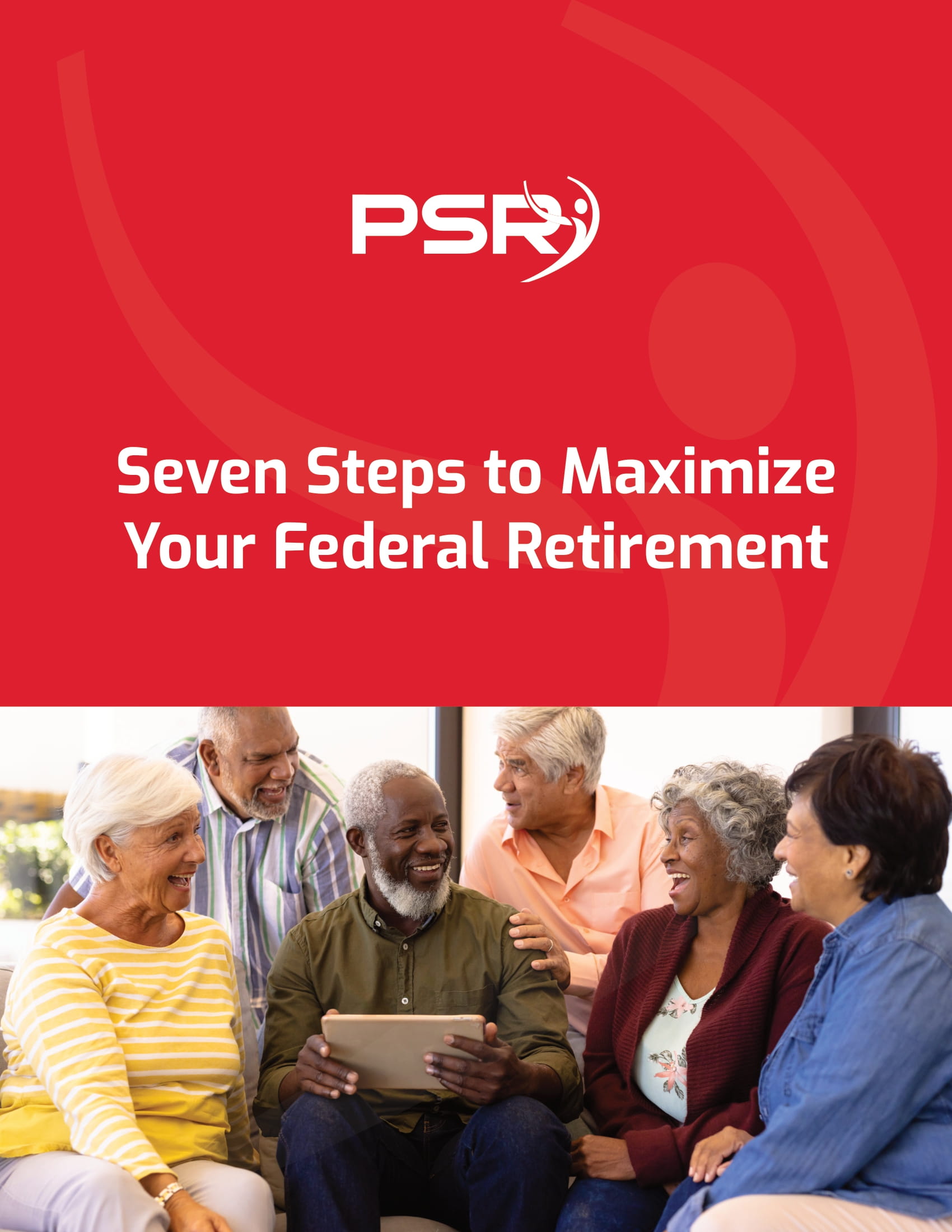Key Takeaways:
- Early retirement might sound enticing, but without thorough planning, it can lead to unexpected financial and lifestyle challenges.
- Proper preparation, including evaluating income, healthcare, and long-term goals, is essential to avoid turning your retirement dream into a nightmare.
The Allure of Early Retirement
You’ve worked hard in public service, and the idea of early retirement can seem like the ultimate reward. More time for yourself, family, hobbies, and travel—it all sounds perfect. But the reality of leaving your career early comes with risks that can derail your plans if you don’t plan carefully. The transition from a steady paycheck to relying on retirement benefits or savings can feel daunting.
So, let’s explore how you can achieve the retirement you’ve dreamed of without any unpleasant surprises.
Your Financial Picture: Is It as Secure as You Think?
- Also Read: Divorce and Your Federal Pension—What Happens When You Split Assets and How It Could Affect Your TSP
- Also Read: What Happens to Your Federal Benefits After Divorce? Here’s the Lowdown
- Also Read: The Best FEHB Plans for 2025: Which One Fits Your Lifestyle and Budget the Best?
Before you even consider handing in that resignation, ask yourself a critical question: do you really know how much you’ll need to retire early comfortably?
Income Sources
In retirement, your primary income may come from your public sector pension, Social Security benefits, and personal savings like a Thrift Savings Plan (TSP). While these sources can provide a safety net, early retirement means you’ll rely on them for longer—potentially decades.
- Social Security: If you retire early, you might not be eligible for full Social Security benefits until your full retirement age (FRA), which could range from 66 to 67, depending on your birth year. Claiming benefits early can reduce your monthly payments by as much as 30%.
- Pension Considerations: Some public sector pensions penalize early retirement, reducing your payouts if you don’t reach the required years of service.
Savings Stretching
If you’re retiring in your 50s, you could face 30+ years of retirement. Are your savings built to last that long? Financial planners often recommend withdrawing no more than 4% of your total savings annually, but even this rule has its critics when market volatility or inflation come into play.
Healthcare: A Costly Oversight
When you retire early, one of the most significant hurdles you’ll face is healthcare. Leaving the workforce often means losing access to employer-sponsored health insurance, and Medicare doesn’t kick in until age 65.
Bridging the Gap
Between the time you retire and when Medicare begins, you’ll need an alternative. This could mean purchasing a healthcare plan on your own, which can be costly. For public sector employees, options like the Federal Employees Health Benefits (FEHB) program might remain available, but premiums are likely to increase significantly as you age.
Long-Term Care Costs
Many retirees overlook the cost of long-term care, which includes services like assisted living or nursing home care. If you retire too early without accounting for these potential expenses, you might find your savings depleted faster than expected.
Inflation: The Silent Thief
Inflation erodes the purchasing power of your money over time, and its effects can be devastating for retirees. What seems like a comfortable retirement income today may not cover your expenses 10 or 20 years down the line.
Adjusting for Inflation
Make sure your retirement income sources, such as pensions or Social Security, include cost-of-living adjustments (COLAs). If they don’t, you’ll need to account for higher withdrawals from your savings as prices rise.
Emergency Fund
An emergency fund is crucial for unplanned expenses, especially during periods of high inflation. Aim to have at least six months’ worth of living expenses set aside in a liquid account.
Longevity: Outliving Your Savings
Thanks to advances in healthcare, people are living longer than ever. While this is great news, it also means you need to plan for a retirement that could last 30 or even 40 years.
Strategic Investments
Ensure your portfolio isn’t overly conservative. While you may want to protect your assets, some exposure to growth investments can help your savings keep pace with inflation and last longer.
Consider Delaying Retirement
Working a few extra years—even part-time—can dramatically improve your financial outlook. Not only will you delay tapping into your savings, but you’ll also have more time to contribute to your retirement accounts.
Emotional Preparedness: Beyond the Finances
Retirement isn’t just a financial decision; it’s an emotional one, too. The routine, purpose, and social connections your job provides may leave a void once you stop working.
Building a Post-Retirement Life
Think about how you’ll spend your time. Whether it’s volunteering, pursuing a passion, or traveling, having a plan for your daily life is essential for maintaining mental and emotional health.
Relationships Matter
Retirement can also impact your relationships. If you’re retiring but your spouse or close friends aren’t, you may find yourself feeling isolated or bored. Open communication and shared plans can help ease this transition.
Estate Planning: Don’t Leave It for Later
If you’re retiring early, you’ll have more time to enjoy life, but you also have more time to ensure your affairs are in order. An estate plan is essential to ensure your assets are distributed according to your wishes.
Key Documents to Prepare
- Will: Outlines how your assets should be divided.
- Power of Attorney: Designates someone to make financial or medical decisions if you’re unable to.
- Beneficiary Designations: Ensure these are up-to-date for your retirement accounts and life insurance policies.
The Role of Taxes in Early Retirement
Taxes are often overlooked in retirement planning but can significantly impact your finances. Early withdrawals from certain retirement accounts can result in penalties and higher tax rates.
Avoiding Early Withdrawal Penalties
Accounts like traditional IRAs or 401(k)s penalize withdrawals made before age 59½. However, public sector employees might have access to penalty-free withdrawals through specific provisions.
Minimizing Taxes
Consider strategies like Roth conversions to reduce your taxable income in retirement. Consult a financial planner to maximize your tax efficiency.
Retirement Dreams Without Regrets
Retiring early is an admirable goal, but it’s not one to take lightly. By addressing financial risks, healthcare needs, and emotional well-being, you can build a plan that turns your early retirement dreams into a reality—without the nightmares.
Planning is the key. Start now, so you can enjoy your golden years without worry.










